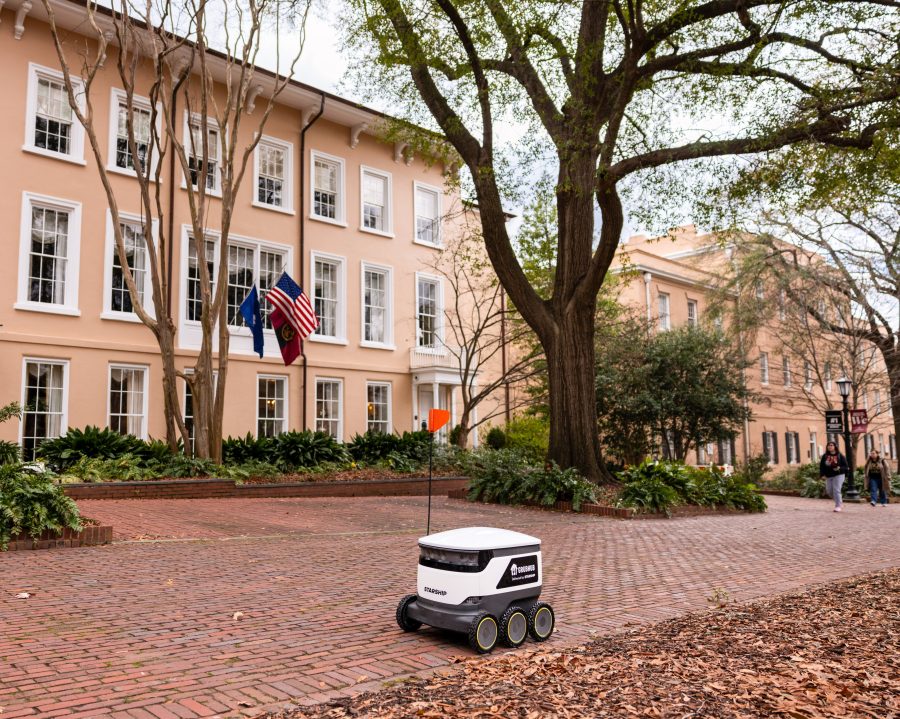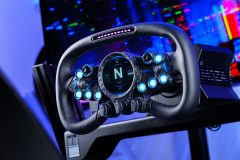Starship Technologies, the autonomous robot delivery services provider, has secured a fresh round of funding to power the next phase of its development.
Led by Plural and Iconical, the funding round raised $90 million for the San Francisco-based company, taking its total funding to the figure of $230m since its inception in 2014.
Starship was founded by Ahti Heinla in Tallinn, Estonia, alongside Danish entrepreneur Janus Friis – the latter was the founder of Skype where the pair worked together.
Initially, their formidable robot machines were built for explorations on Mars but a change of tack resulted in the launch of Starship Technologies as a major player in autonomous robot delivery services. At present, demand is soaring with the company already operating in 80 locations worldwide, including the United States, United Kingdom, Germany, Denmark, Estonia, and Finland.
As reported by Venture Beat, Heinla stated following the funding, “Now we’re ready to take on the world and with ambitions to build a category-dominating company that can change the daily lives of millions of people in thousands of locations worldwide.”
Starship Technologies’ growth plan
Starship is aiming to fully exploit the opportunities afforded by last-mile delivery, which is the term for the final leg when a parcel is moved from a transport hub to its final destination.
Last-mile delivery is known to be intensive, in both its costs and carbon impact, at a time when online food deliveries and shopping in general are growing rapidly. Venture Beat highlighted the former is “expected to more than double by 2030, with last-mile delivery’s carbon emissions in Europe alone projected to reach 5.5 million tonnes of carbon dioxide in 2032.”
Robot delivery can take advantage of this situation, with Starship wanting to dominate the market from a significant platform of over six million deliveries to date.
Each Starship robot possesses impressive efficient credentials as they can run on a single full charge for 18 hours, with the equivalent energy usage as boiling a kettle for one cup of tea, for one average delivery. Autonomous wireless charging further enhances the efficiency of the robots which have contributed to a reduction of 1.8 million kilograms of carbon dioxide since they were first propelled into service.
Image: Starship/X


















